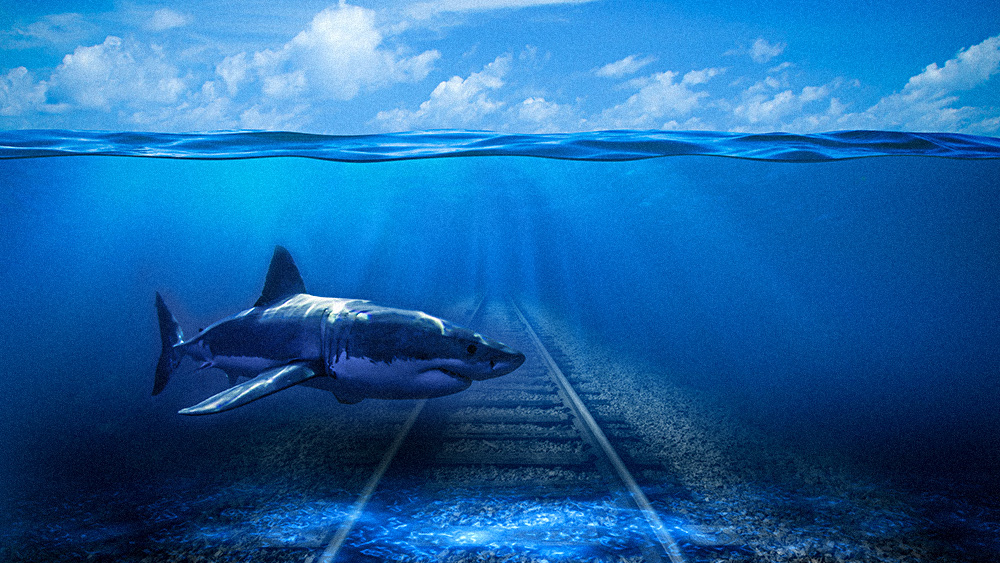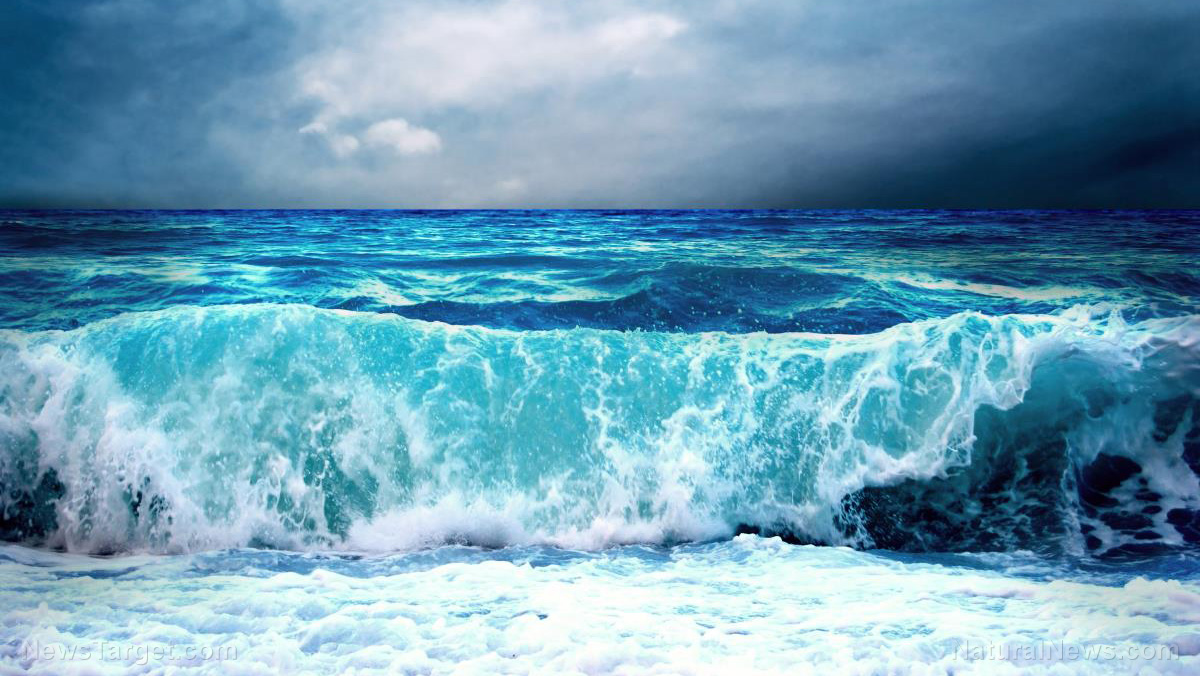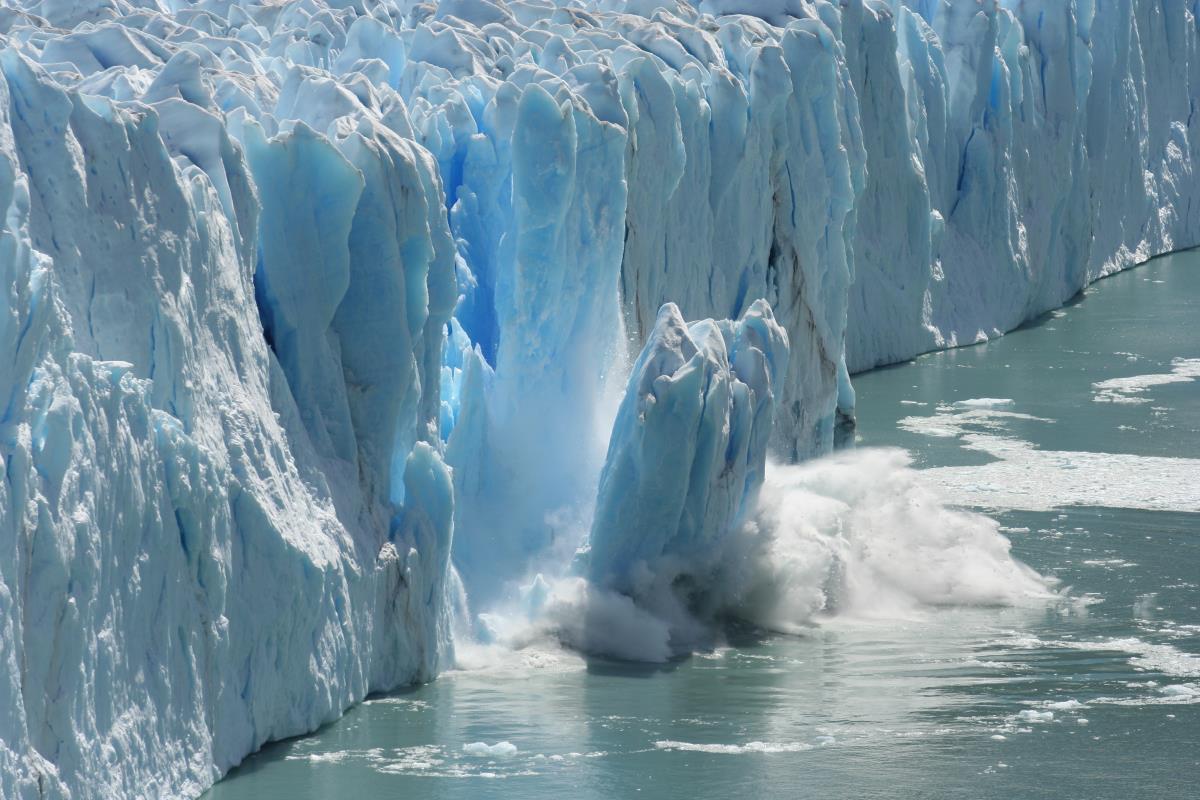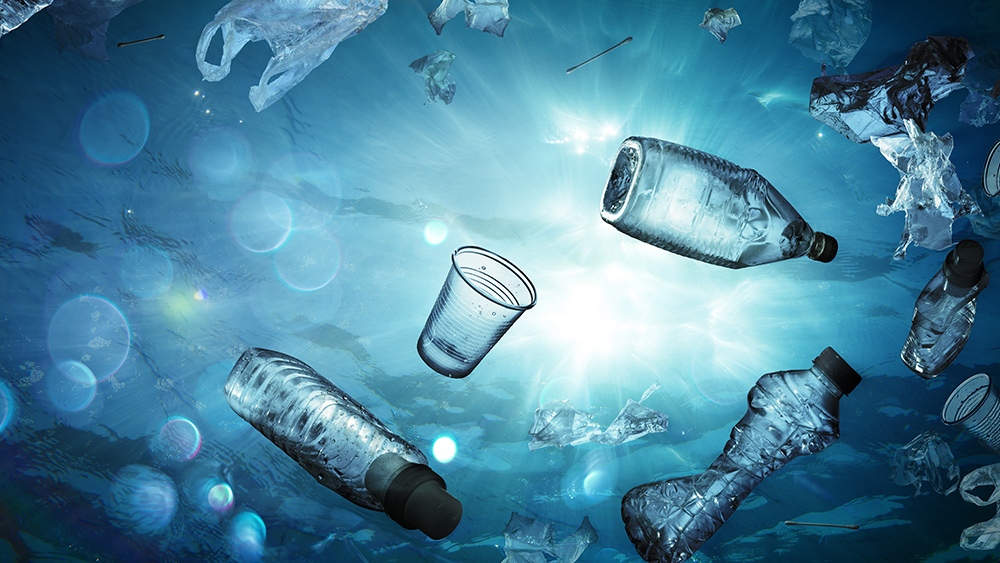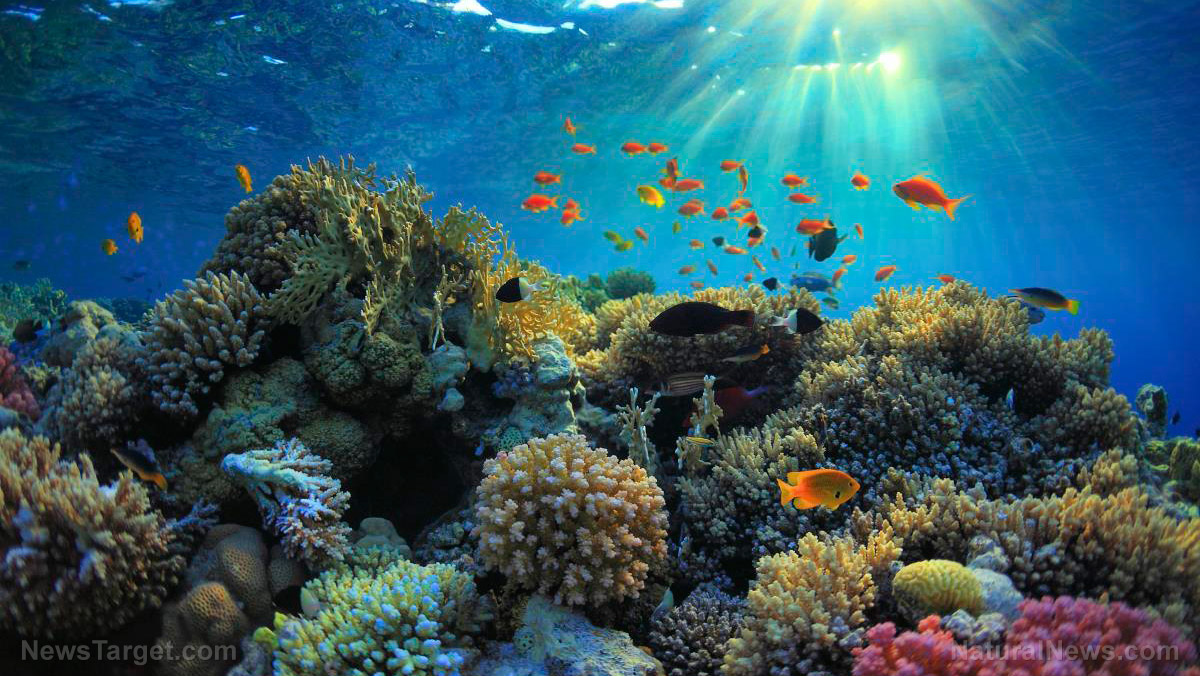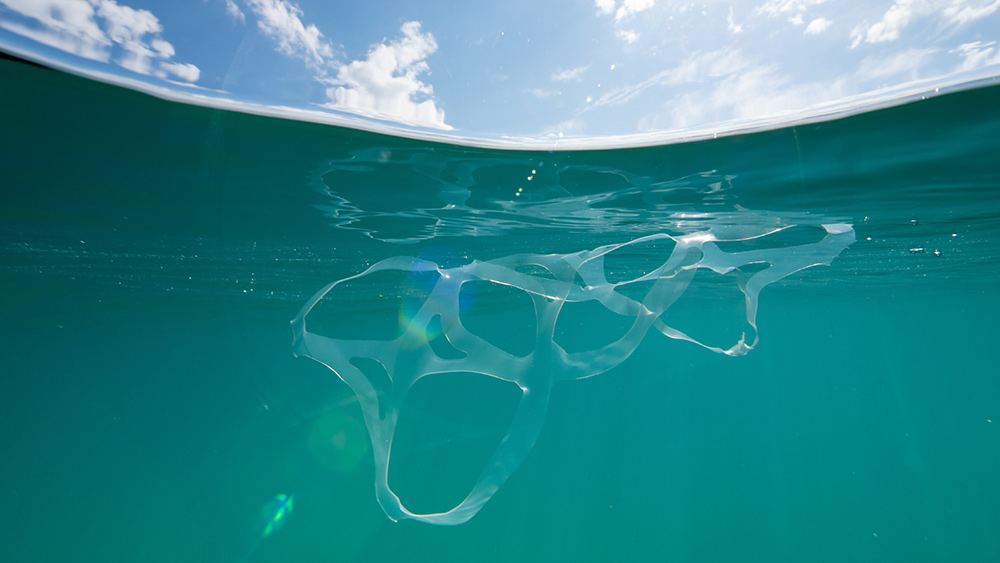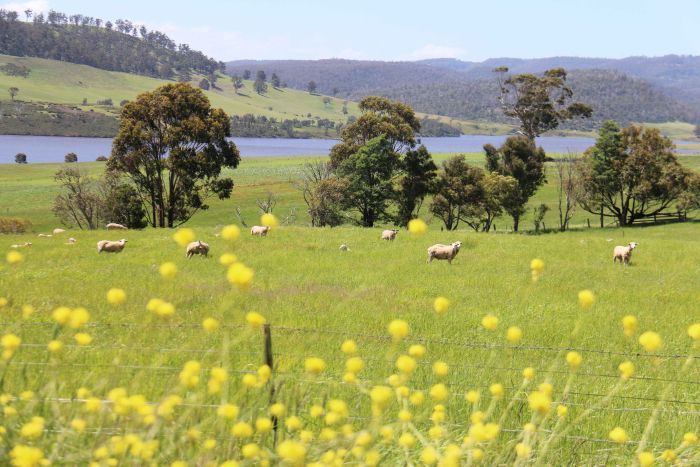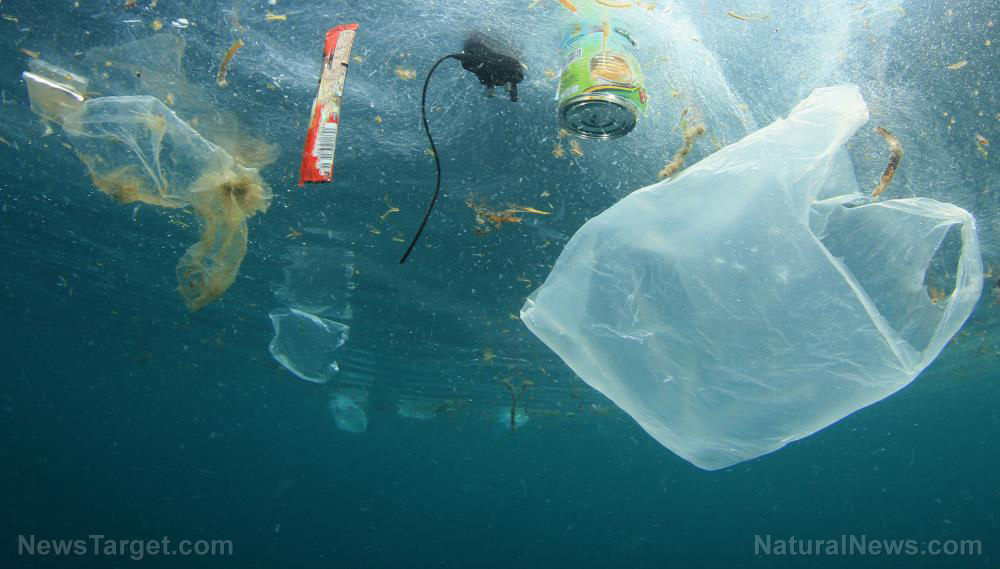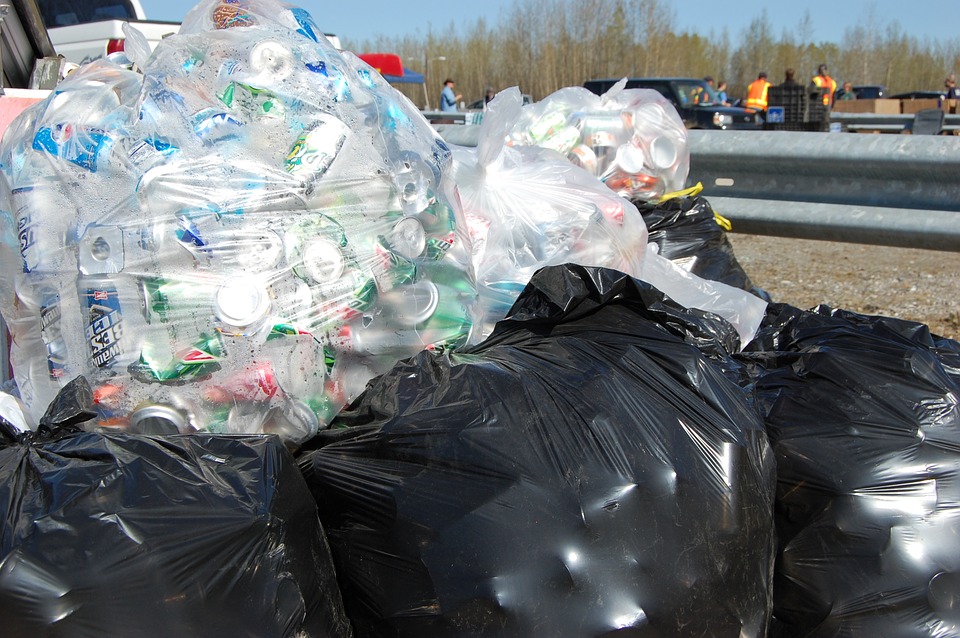WARMING IS GOOD: Slight warming in Arctic, sub-Arctic seas boosts biodiversity, study finds
02/03/2023 / By Ethan Huff

New research out of Nord University in Norway has found that in areas of the world where average temperatures are warming, redistribution of species, also known as biodiversity, is also occurring – which is a good thing.
Some polar areas and regions around the tropics are said to be seeing a slight warming of temperatures, which is also bringing with it new animal species that are enriching these areas with more life, the paper, published in the journal PNAS, found.
Researchers acquired data from more than 20,000 trawl surveys in the Norwegian and Barents Seas between 1994 and 2020. This is what lead author Cesc Gordó-Vilaseca had to say about what they found:
“In 1994, an average of eight fish species were caught in each trawl in the Norwegian and Barents Seas, while in 2020 the number rises to more than 13, which represents an increase of 66%. The results of the study also show increases, albeit less significant, in the richness of adjacent areas.”
In other words, warming waters due to “climate change” are enriching affected areas of the sea with more sea life. And while some species previously in the study areas are now less common, the seas are overall adapting well to changing temperatures.
(Related: Arctic ice levels reached a 30-year high last year, debunking the myth that the polar ice caps are “melting.”)
Overall, warming waters are enriching sea life
One of the fish species that is increasing in population due to warmer waters is the common cod (Gadus morhua), which is widely fished for sale as food. Conversely, Arctic cod (Arctogadus glacialis) populations are declining in some areas – though this species is not fished on a large scale.
Even if it is not fished commercially for food as much as common cod, the Arctic cod still more than likely plays important ecological roles wherever it lives. Because of this, some still worry that shifting temperatures are having a detrimental effect on sea life.
“The shift in frequency of species, sometimes favored by high temperatures and sometimes not, could lead to a reconfiguration of ecological interactions and, therefore, could cause changes in the structure and functioning of the entire ecosystem,” warned Marta Coll, a study co-author and researcher at the ICM-CSIC.
Still, the positives appear to outweigh the negatives as more fish species in a given area of the sea is usually better than fewer fish species. And that is what warmer waters are doing is attracting more sea life while shifting things around a bit.
“Studies like this one are essential, as they can contribute to the design of more effective conservation and management strategies,” reported Watts Up With That.
“For this reason, for future research, researchers will delve deeper into the changes at the level of the entire ecosystem that may be caused by the increase in temperatures in polar areas. The possible effects on fisheries management and protection measures that these changes may cause will also be analysed.”
In the comments, someone wrote that he believes a warmer world “is a better world brimming with new life.”
Another echoed much the same, stating that warming and additional carbon dioxide (CO2) “will result in a significant increase in the overall biomass of the planet.”
“Go through each known ecosystem, one by one, and see which (if any) would be helped by colder temperatures and lower CO2 levels,” this person added. “There are probably some negative situations with relict populations in alpine conditions, but all of the major ecosystems should have positive responses.”
More of the latest news about the climate can be found at Climate.news.
Sources for this article include:
Submit a correction >>
Tagged Under:
Arctic, biodiversity, Censored Science, climate, climate change, climate science, discoveries, Ecology, environment, global warming, ocean health, real investigations, research, truth, warming, weather
This article may contain statements that reflect the opinion of the author
RECENT NEWS & ARTICLES
OceanHealthNews.com is a fact-based public education website published by Ocean Health News Features, LLC.
All content copyright © 2018 by Ocean Health News Features, LLC.
Contact Us with Tips or Corrections
All trademarks, registered trademarks and servicemarks mentioned on this site are the property of their respective owners.



